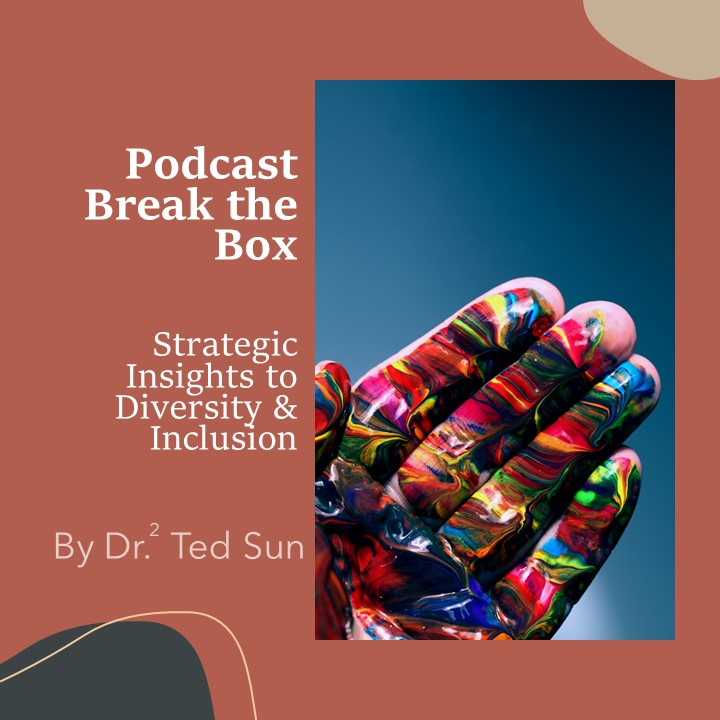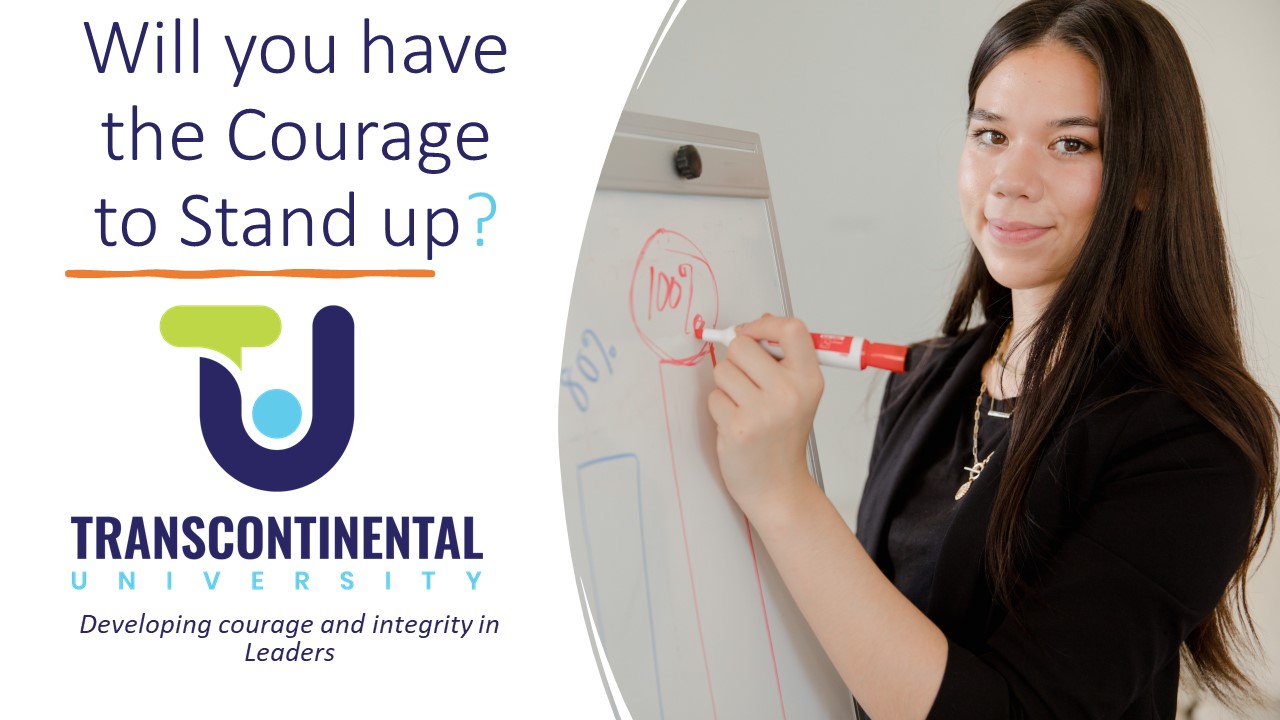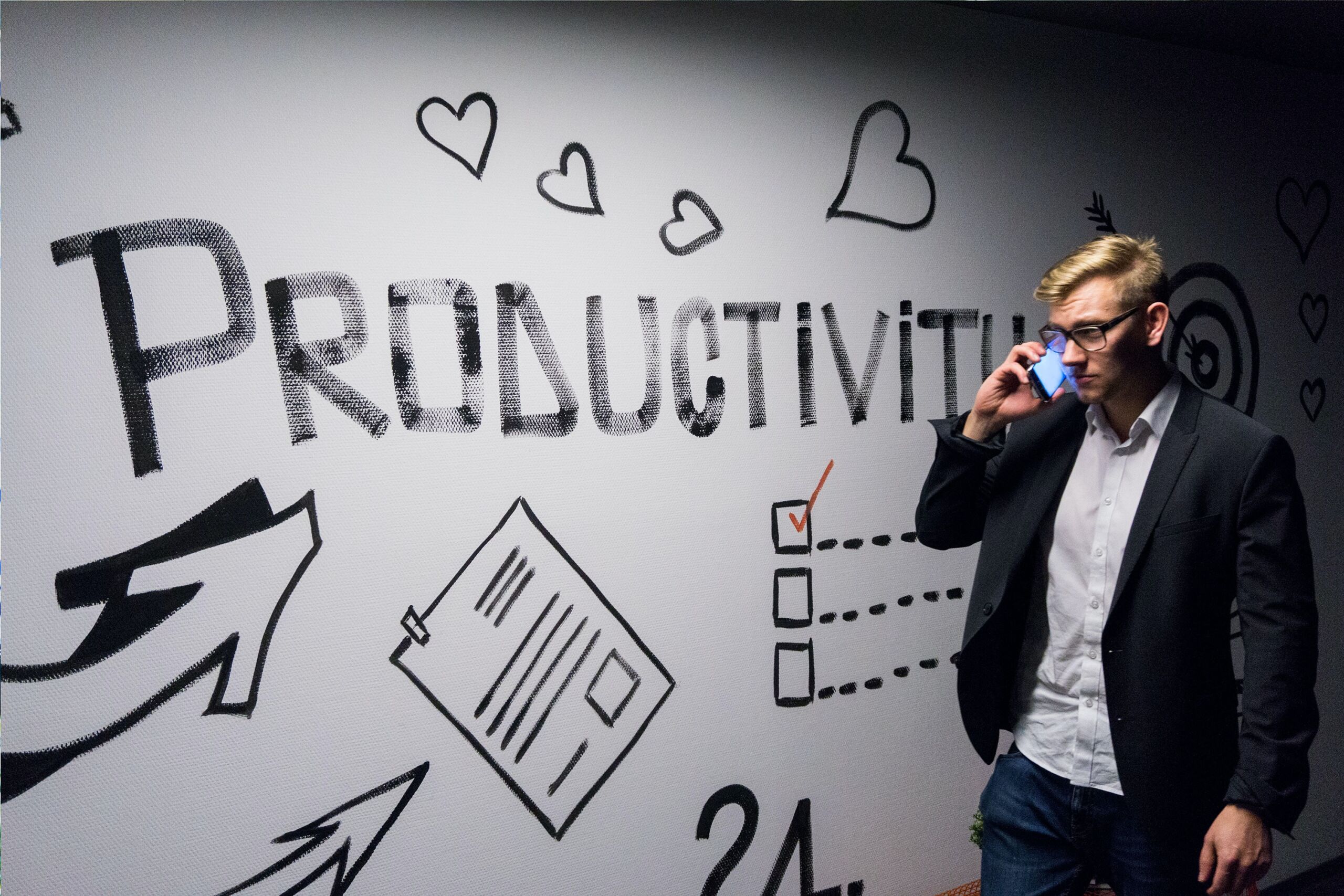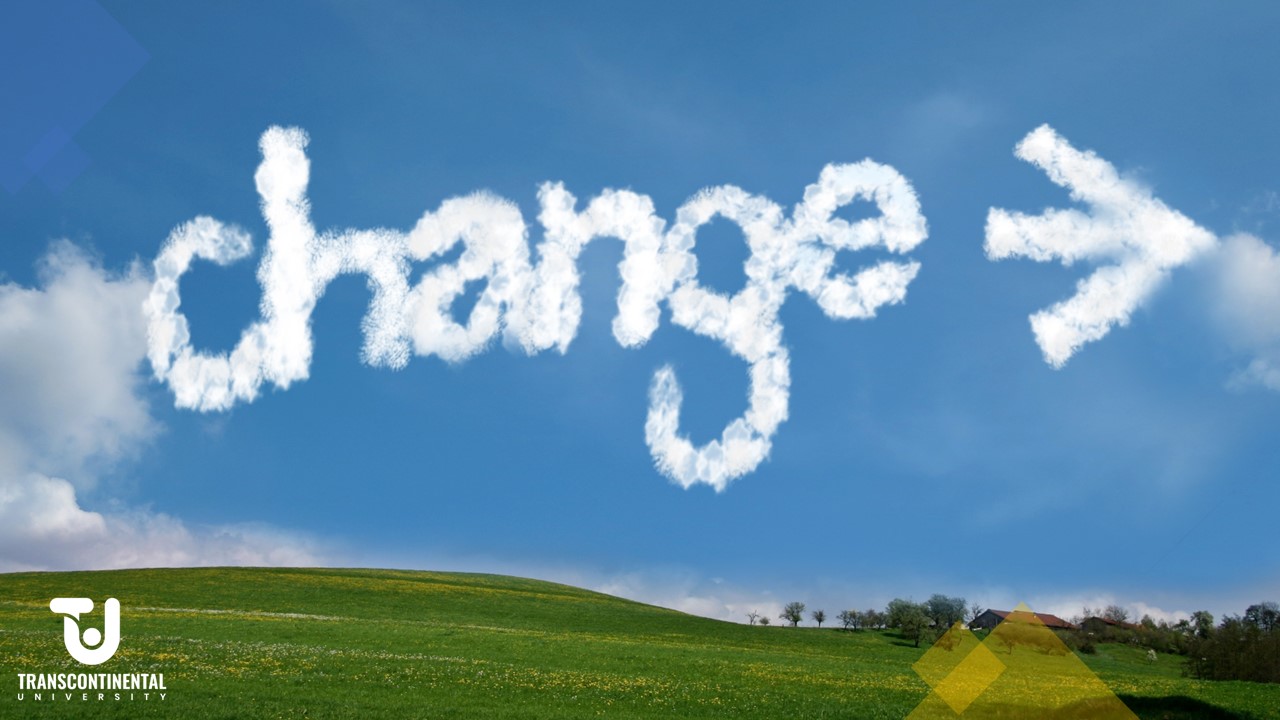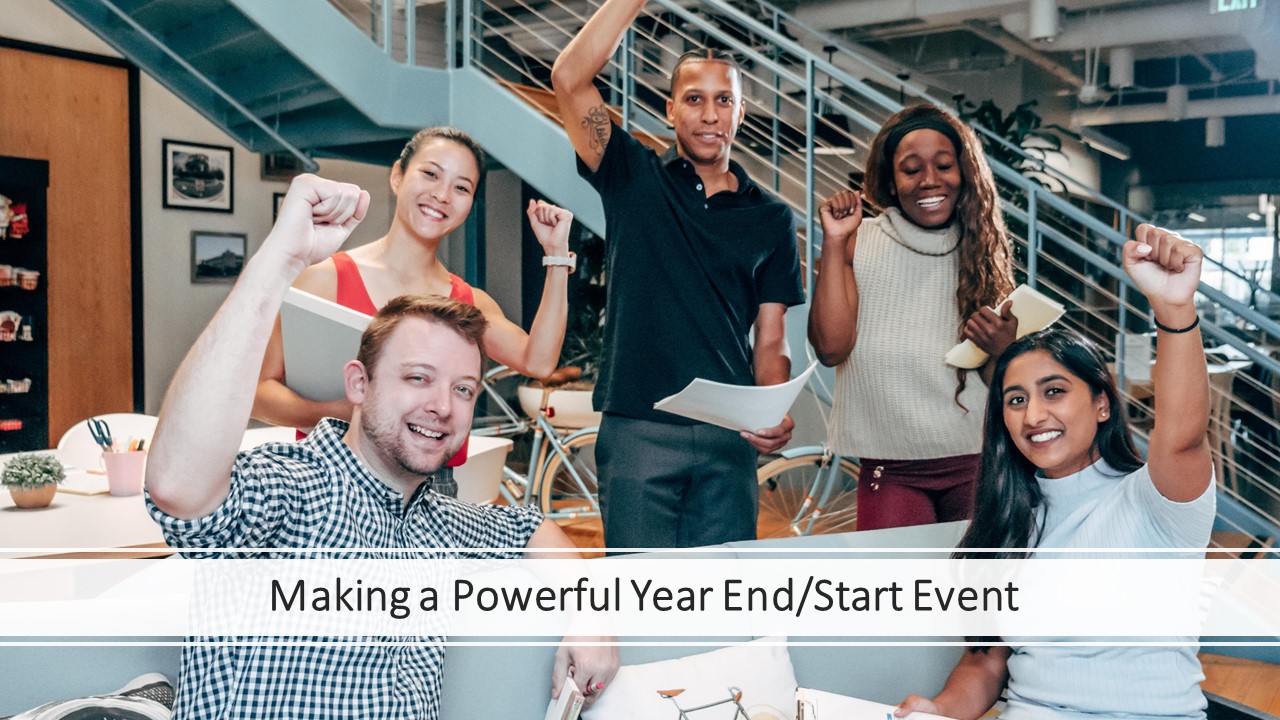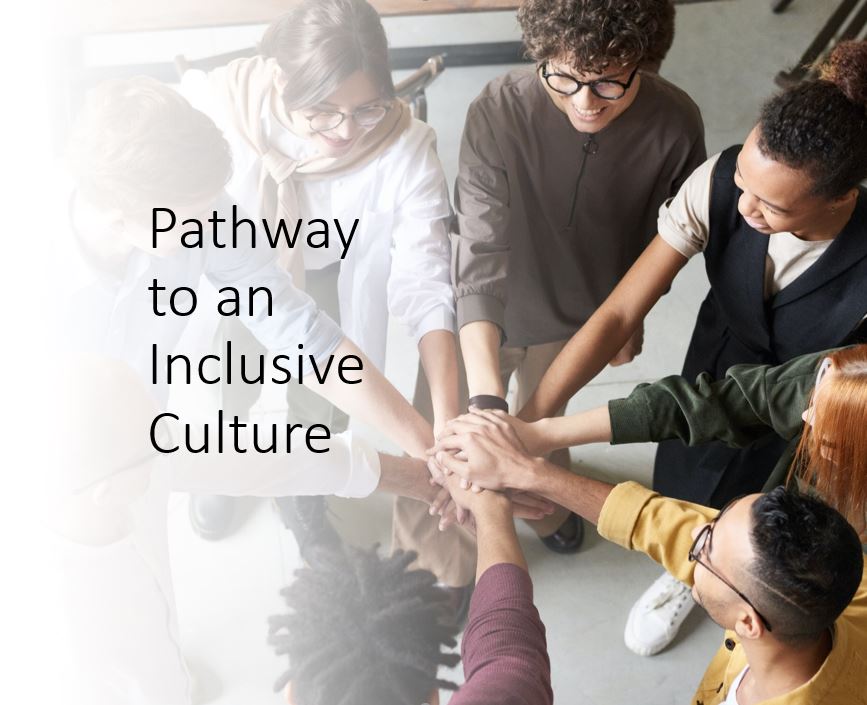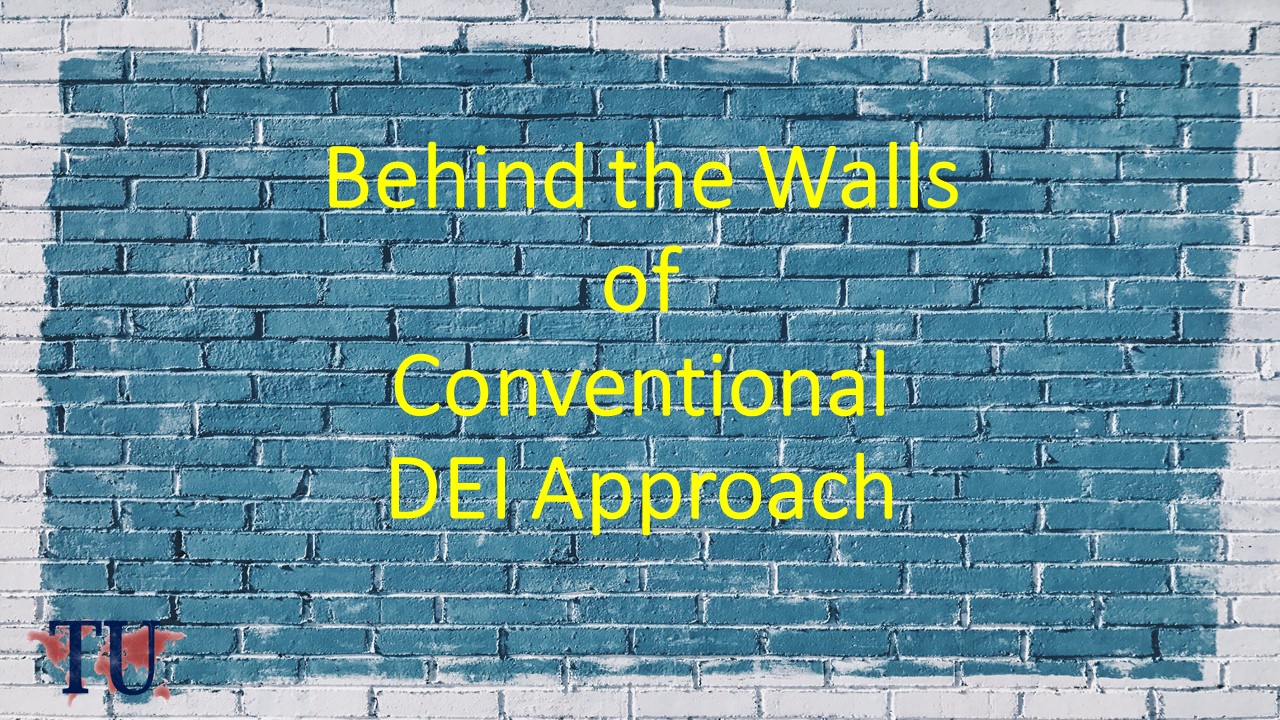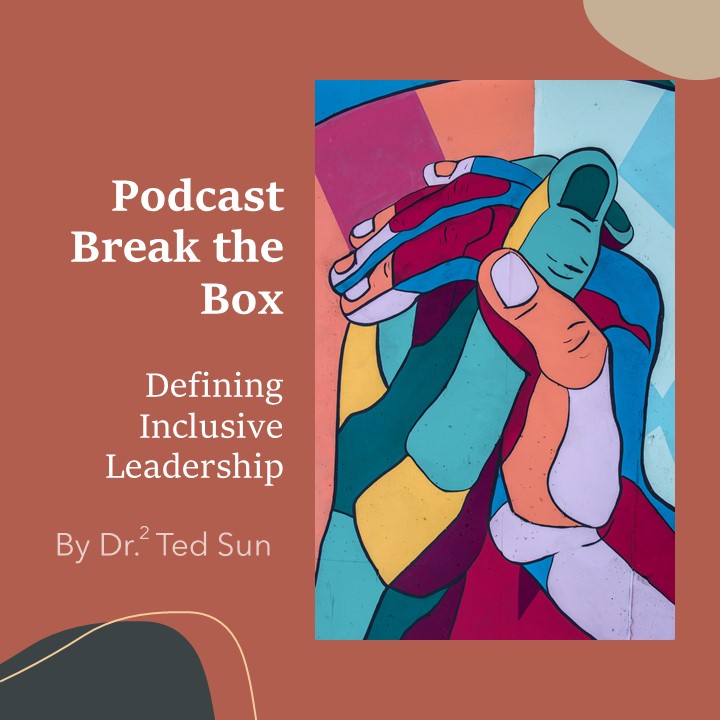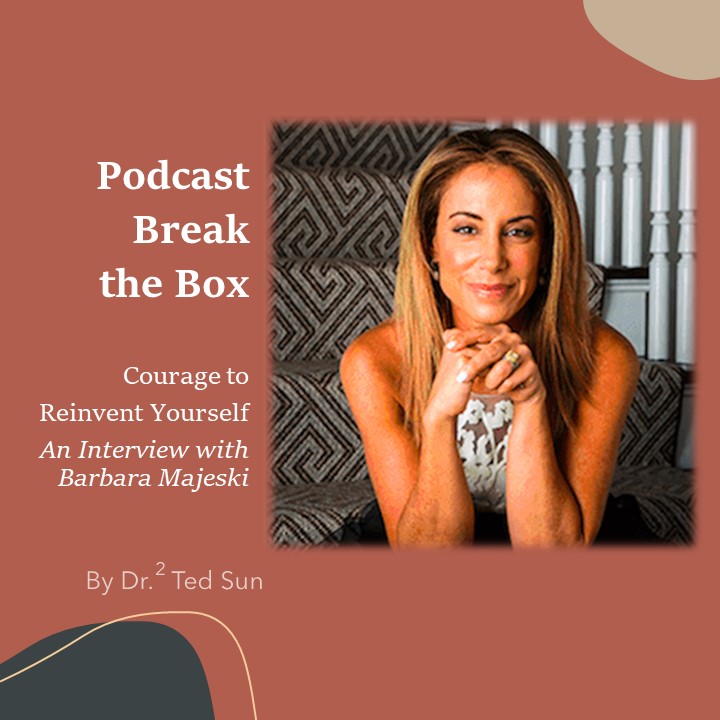
A New Year, A New You
A Must Read for Leaders
By Dr. Ted Sun
As we start into 2021, the new year brings ample hope of returning to normal. Unfortunately, we are still far away from that normal. Most organizational leaders will still have to contend with the challenges from the pandemic, especially the psychological ones that haunt every person.
2021 will demand new skills to not only deal with the numerous problems from the pandemic, but also work to design organizational life that drives success and leads innovation. It will require leaders at all levels of organizations to be conscious of the emotional needs of their employees while remotely navigating productivity. As you begin to plan out the new year, along with some new year resolutions, here are 6 strategies to explore the new you.
1. Healthy Perceptions of Reality
Effective leaders perceive reality as empowering opportunities. For example, the pandemic has finally gotten employers to manage people by their productivity, not by their time. This gives ample room for innovation and efficiency to thrive, as many remote employees can work on spending less time working but producing more. One’s healthy perception of the pandemic reality can lead to an abundance of creativity. Check in on your perception of reality by asking yourself: How else can I see this event? Being conscious of your core values and the beliefs that shape perception requires constant written reflection. Start a perceptions journal, one that recognizes significant events of the day. After two days, return to what you had written down based on the perception of that day and explore your values and beliefs that drove this perception. In addition, challenge yourself how you might see the event without a values and beliefs bias.
2. Beyond Generic Behaviors
Traditional education and business literature are full of the behaviors of effective leaders. In most situations, you are not that person and cannot simply do what another has done in the past to achieve the same success. You cannot get a new you from a pre-programmed box off the shelf like a book or a traditional training/educational program. There are a few factors to consider: you perceive reality differently from others, you possess different values that drive a unique thought process, the people around you are different from in past situations, and you have your own habits. Besides the entertainment value of reading about a successful leader, take time to explore the thought process that drives your behaviors. You will need new knowledge and skills to behave differently in new and complex situations. Instead of trying to copy someone else from a behaviorist perspective, ask yourself: How would a future me (a wiser self) think about this situation and what action would the wiser me take? We can help you develop that wiser self.
3. Emotional Maintenance
When we look at our everyday habits, we devote time every day to maintain our physical health. For example, most people would brush their teeth, floss, and/or use mouth wash twice a day. What about our emotional wellbeing? Despite the numerous habits surrounding physical health, most people do not have a habit of doing emotional maintenance. This is simply not taught in families or in formal education. Since emotional wellbeing is much needed in all aspects of life, making time daily to do some emotional maintenance is a smart choice. The pandemic makes this a requirement for leaders. An emotions journal to practice self-expression is one example of furthering your emotional wellbeing and intelligence. How might you be able to leverage the emotions you feel daily as a source of power? As a leader, ask people in your organization: What are they doing daily for emotional maintenance?
4. Eliminate Employee Burnout
The lack of daily emotional maintenance leads us to burnout. Especially with the amount of continued uncertainty, anxiety, and stress from the pandemic, burnout is a tidal wave that will hit every organization with tremendous costs. Even before the pandemic, a Gallup report found that 76% of employees experience burnout on the job in some way. Imagine what this number looks like with a pandemic. Just because you do not see it with people working from home, does not mean it is not happening. Simply look at the record alcohol sales in 2020 as one outcome of how people are coping. Managers/leaders of teams and organizations must address this issue at the root before it is too late. With unpredictable revenues in many industries, organizations cannot afford to have their top talent reach the burnout stage. As a leader, ask yourself: How can I drive hope and empower my managers to prevent burnout daily?
5. Develop Key Skills
New skills are required for this complex environment. Unlike the past where we had the luxury of developing skills with time on our side, oncoming tidal waves, like burnout, require new skills to be developed systemically throughout the organization. This requires a learning system to be designed and implemented that effectively utilizes educational psychology. Learning should be integrative with the rest of life, and never be treated as an isolated experience of receiving new information. Making new information into memorable knowledge is the first step, with the second step being practice. Inspire people around you to learn new skills daily by asking people, “What have you learned today?” or “What new skills are you developing this week?” This must be a systemic approach where all leaders are being developed across the organization to avoid issues like burnout and to empower people to innovate across all departments.
6. Make It Measurable
Traditional performance management is full of latent metrics that fail to inform you of the details for success. It sets a poor example of what is needed in today’s organizations. As you look to create a new you, what might be some metrics that inform you of how you are learning, how you are maintaining emotional wellbeing, and how you are leading your people to be more innovative? For learning to occur, creating effective metrics enables you to know what works and what does not. For example, most organizations speak to being innovative. Most managers want their employees to be more innovative. Yet, they have no metrics around this. Ask yourself: How many creative ideas do I have daily? How often am I sharing those ideas? Organizations need to build innovation systems with numerous leading metrics to assess creativity at the individual level to innovations at the organizational level. If you need help with meaningful metrics or an innovation system, reach out to us.
As you explore these 6 strategies to create a more powerful you, it will take significant work. This is more complex than the typical behaviorist approach of “do this like others” that often lead to temporary change at best. You can leverage a learning system that helps you consciously tackle these strategies and empower you to be the best You, even beyond your current understanding of your potentials.
Always keep in mind: YOU ARE WORTH IT! Many people look to you to lead them, whether it is your own family or your employees.
Transcontinental University has a single focus in developing working professionals with graduate degrees. Unlike others that merely adapt undergraduate content and methodology towards graduate degrees, we focus on empowering a new you who has more confidence, wields more power, and solves challenges with results that matter today.
Let us help you build a better you.


